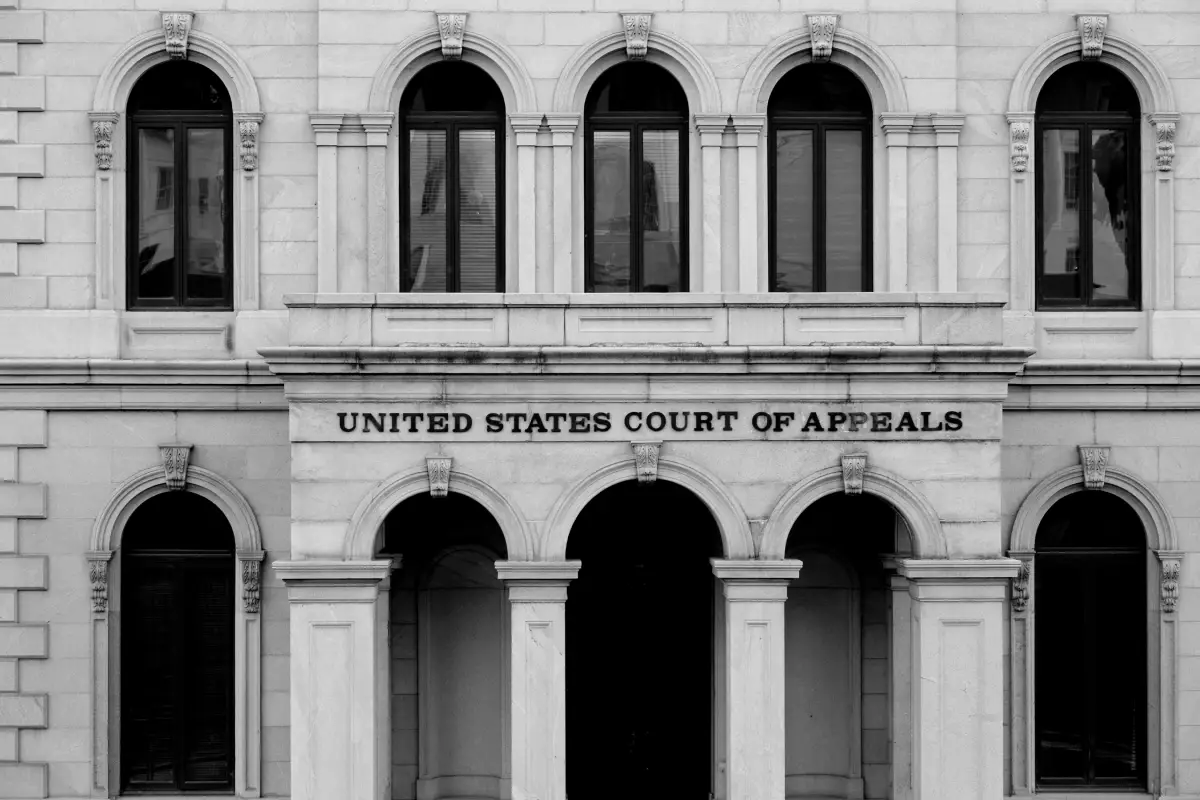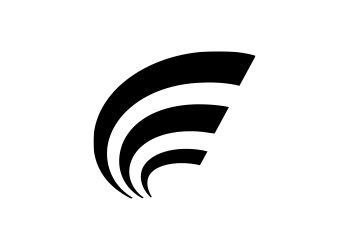Kalshi has appealed its legal defeat in Maryland, and the appellate case is already scheduled in the US Court of Appeals for the Fourth Circuit (CA4) in Richmond, Virginia. The Maryland District Court denied Kalshi’s request for preliminary injunction, arguing that Kalshi could apply for a state sports betting license without compromising its ability to offer its other event contracts.
Kalshi’s appeal of the Maryland decision denying its motion for preliminary injunction has been docketed in the Fourth Circuit.
Here is the CA4’s briefing order:
9/15 – Kalshi Opening Brief due
10/15 – Maryland Response Brief due
11/5 – Kalshi Reply Brief due pic.twitter.com/aqyfSP2Qkc
— Daniel Wallach (@WALLACHLEGAL) August 7, 2025
Maryland is the first state to secure a legal victory over Kalshi, a ruling that Kalshi promptly appealed. District Courts in Nevada and New Jersey granted Kalshi’s preliminary injunction based on Kalshi’s argument that Congress left exclusive jurisdiction to limit event contracts to the Commodity Futures Trading Commission (CFTC).
Kalshi is already arguing an appellate case against New Jersey gaming regulators in the US Court of Appeals for the Third Circuit. If two Circuit Court cases weren’t enough, Kalshi could be on track for a Supreme Court case in 2026.
Appeals and possibly Supreme Court case next up for Kalshi
The two District Court victories and one loss for Kalshi don’t settle whether sports contracts will be allowed in all 50 states via designated contract markets (DCMs). The appeals cases in New Jersey and Maryland will be able to consider the legal arguments from the District Court cases, but are not bound by them.
“Whoever loses that appeal will be on the clock for filing a petition for writ of certiorari with the US Supreme Court within 120 days,” Wallach said. “So that’s the outer limit, or the deadline for filing a cert petition, and the prospects for the Supreme Court granting cert have been elevated here by virtue of the fact that we now have a potential circuit split.”
The Supreme Court could decide whether to hear the sports contracts case in summer or fall 2026, depending on when the Circuit Courts issue their rulings and when the losing parties apply to argue before the Supreme Court.
Article VI of the Constitution establishes federal preemption, so the Supreme Court has a constitutional question to settle relating to the offering and regulation of sports event contracts.
Defending Kalshi’s Nevada victory
While Kalshi goes to two appeals courts, the company is also defending its original victory in Nevada. The company filed an emergency motion in Nevada to stay all discovery, in an attempt to prevent the state from deposing Kalshi’s founders or entering as evidence Kalshi’s ads calling its transactions “bets.”
Kalshi argued that discovery is unnecessary to settle the case, while Nevada is hoping to strengthen its case that Kalshi’s sports contracts functionally constitute “gaming.”
Even as the Third and Fourth Circuits issue the next crucial rulings regarding sports contracts, states like Nevada that oppose sports contracts will continue exploring ways to pressure those sports offerings out of jurisdictions that view them as forms of illegal or unwanted sports betting products. The extent to which the prediction market industry can continue to offer speculative trading markets on sports or other events will be shaped in part by these cases.


























